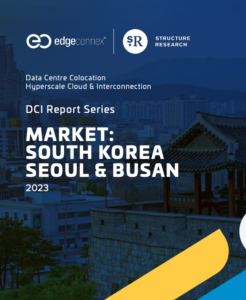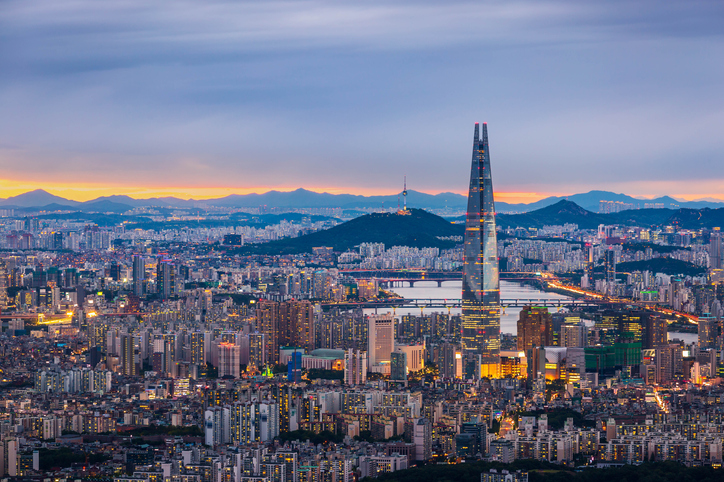The Korean data center market has rapidly scaled to new heights over the last couple of years, thanks to dramatic interest from both US- and China-based hyperscalers, an array of sophisticated Korean-based multinationals requiring ever more capacity, and any number of mid- to large-size applications that continue to grow and prosper. South Korea has some of the highest internet penetration on the planet at 98%, with consumers enjoying online shopping, gaming, and content streaming at the highest rates globally.
In a market previously dominated by local conglomerates, various international operators have started operations in the greater Seoul area, providing a novel and diverse set of options for local and international clientele. The total colocation market is thus expected to grow from under 700 MW of  operational capacity in 2021 to double that by 2028, led mainly by increasing hyperscale demand as these services continue their insatiable global expansions. These developments are assisted by exceptionally robust fiber networks, densely covering Seoul and providing backhaul connectivity across the country from Busan’s central cable landing station. Busan and nearby Geoje will soon offer ten cables linking Korea to the world, with particularly strong links to growing markets across East and Southeast Asia.
operational capacity in 2021 to double that by 2028, led mainly by increasing hyperscale demand as these services continue their insatiable global expansions. These developments are assisted by exceptionally robust fiber networks, densely covering Seoul and providing backhaul connectivity across the country from Busan’s central cable landing station. Busan and nearby Geoje will soon offer ten cables linking Korea to the world, with particularly strong links to growing markets across East and Southeast Asia.
Economic performance has raised concerns across the globe throughout 2022 and into this year, and despite many underlying strengths, the Korean economy has yet to prove immune. The last quarter of 2022 was the first contraction in the national gross domestic product (GDP) since the early COVID period, leading to local and international analysts predicting an overall slower growth rate for 2023. While inflation ticked rapidly upward earlier in 2022 (mirroring most markets globally), this continued to dissipate toward the end of the year and no longer appears to be as strong of a concern. Most large Korean-based companies enjoyed strong full-year results for 2022, suggesting positive full-year outlooks leading into 2023 and beyond. This could lead to further spending on research and development and general tech outlays, benefiting the data center market.
With a mix of excellent fiber, plenty of local market interest, and an ever-increasing array of options – of both operators and services, the Korean data center market is poised to thrive throughout the next decade. Expect a continued success story as further projects are unveiled, and ever-larger builds appear on the landscape to support this growth.
EdgeConneX recently collaborated with Structure Research on a research report on Korea. The report includes a macroeconomic outlook on Korea, trends driving data center demand, and distribution capacity in the country.
You can find the report and other white papers and eBooks in our Resources section: https://edge.1.aordev.com/resources/
Read the full report HERE.
